We Partner with:
Digital Health
Software-enabled healthcare, telemedicine, remote patient monitoring, and similar.
Clinical Tech
Medical devices, diagnostics, therapeutics, and other regulated products.
Consumer Wellness
Preventative care, fitness, mental health, nutrition, behavior tracking, and similar.
To Demonstrate & Communicate the Impact of Their Technology.
Clinical Validation Trials
Establish credibility with investors, providers, regulators, and early adopters by answering:
Does your technology measurably improve clinical outcomes compared to usual care?
Is your digital intervention non-inferior to traditional, in-person care?
How do patient demographics or comorbidities impact outcomes?
What are the safety profiles and unintended effects?
Is your technology accurate and validated against gold-standard diagnostics?
What are its sensitivity and specificity metrics?
Real World Evidence
Refine your technology through insights gained from real-world deployment:
How does user engagement evolve over time?
Does your technology sustainably reduce adverse outcomes?
What environmental, social, or behavioral factors influence success at scale?
What are the actual adherence and dropout rates?
How is the technology integrated into real-world clinical workflows?
Cost-Effectiveness Studies
Build robust, evidence-based cases for reimbursement, integration, and investment:
Does your technology lower healthcare costs per patient annually?
What ROI can providers and payers expect?
What is the Incremental Cost-Effectiveness Ratio compared to standard care?
How much clinical time, resources, or healthcare visits does your technology save?
Can your technology prevent expensive downstream health events?
What are the direct and indirect financial savings?
What is the total budget impact when scaled?
Culturally Tailored Program Development
Ensure your technology resonates with diverse populations:
How do cultural perspectives influence trust and adoption?
Which messages resonate most effectively with Hispanic, LGBTQ+, or other underrepresented groups?
What accessibility features are essential?
How can onboarding processes accommodate varying levels of health literacy?
Are there unique privacy concerns or unmet needs specific to certain communities?







